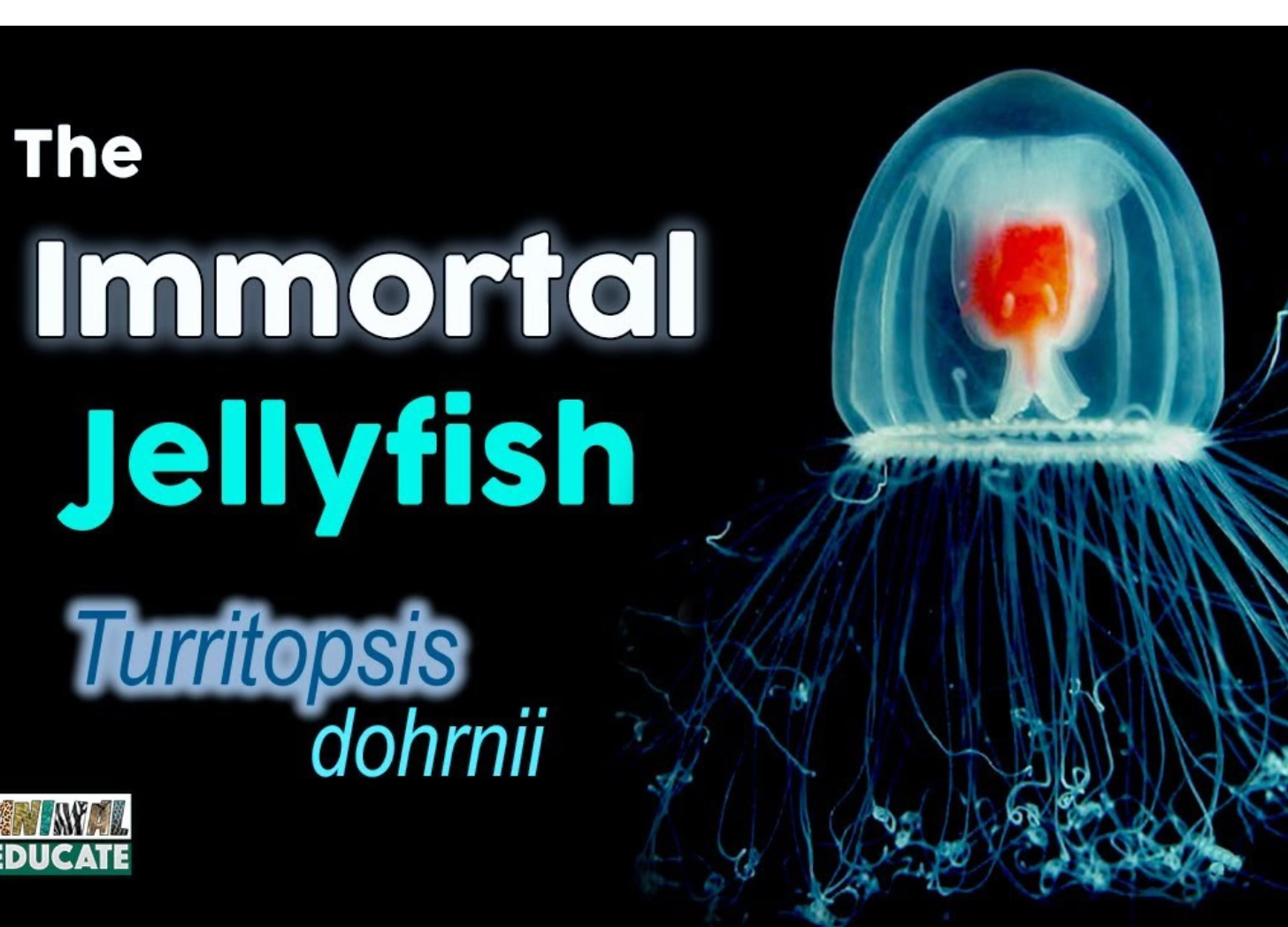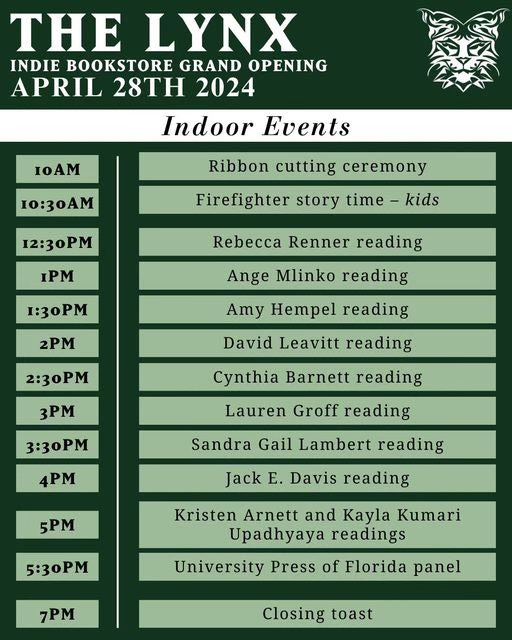What Now?
What Now?
Here's my two month post-publication writing life report—I wish I had one. I mean I'm sending the requested information to places that have indicated an interest in publishing an essay or excerpting my book on their platforms. (“Old Lesbian Love” at The Millions.) I'm preparing to read at the opening celebration for The Lynx, our already beloved new independent bookstore here in Gainesville. Which means I'm timing an essay and practicing how to pronounce Turritopsis dohrnii.
I'm working at working at writing. I have files open with titles such as "Split Thread Chapter Three Draft 2," "Climate Fiction for Future Ancestors Short Story Contest," "Travel Essays, "Stages of CHF in Dogs" and "Retirement Annuity Research." These last two files are not about writing exactly except that they inform when traveling might happen again or not.
It has always helped my writing to learn something, anything, so I'm studying sentence structure from the basics of consistent verb tenses to meiosis and zeugma. In a wild departure from my usual, I've joined an online writers group with writers I mostly don't know. And after a fit of procrastination, the many years of individual documents with the hundred-word bios that journals requested are now combined into one. I became way too fascinated with my own self as I read them all, but those small paragraphs were a study in professional development what with the early ones where I had to bullshit a little to have a decent word count to now where I get to cherry pick writing credits.
Self-absorbed yes, but anything that helps with the confidence needed to concentrate on the next writing project is worth the embarrassment to admit. A novel is at least a two year commitment. And then if my pattern holds, it'll take a few years after that to find a publisher, if ever. I'll be almost eighty. Does that matter in making a decision? The proud anti-ageist assertion is that it doesn't. But, dangnabbit, it does. Already, I've adjusted the way I work. Those days of six hours of focused writing and doing it again the next day and the day after are gone. Instead, I've decided that three hours twice a week makes me the queen of writing discipline.
Considering this, working on short stories and essays makes more sense. A couple more fantastical stories would plump-up the collection I'm submitting around. And essays are comfortable for me. Unlike a novel, I know I can write a decent essay if I work enough at it, and I know I can mostly get it published. Back to my age—in this next decade do I want the known, the comfortable? Is that what's best for my writing career and for my creative self? Once again, the anti-ageist proclamation is we old geezers and broads will never settle for the routine—no way, never.
But we are old. We have a body of knowledge. We get to make use of that. And disability has taught me the value of set patterns of physical and mental care and the way they leave energy for the new and unexpected. My routines are a series of life hacks that expand possibility rather than limit it.
Perhaps, instead of devoting myself to one project, I'll do it all. Perhaps the change in how I work allows this possibility for the first time. If I can't concentrate the way I used to, what's to prevent me from mini-concentrations that shift from a short story to an essay to a novel. Why not? But in the meantime, I'm going to go pin down the meaning of a faulty apposition.
THE NEXT DAY UPDATE: I worked on a short story this morning.
Audio Version:




I love how you are open to the possibilities. And I hope I'm not the only one who had to look up meiosis and zeugma and reaquaint myself with appositives, faulty or otherwise.
Hey, you’re reading in a lineup with Lauren Groff and Amy Hempel. You don’t get to complain unless you do it without faulty appositions.